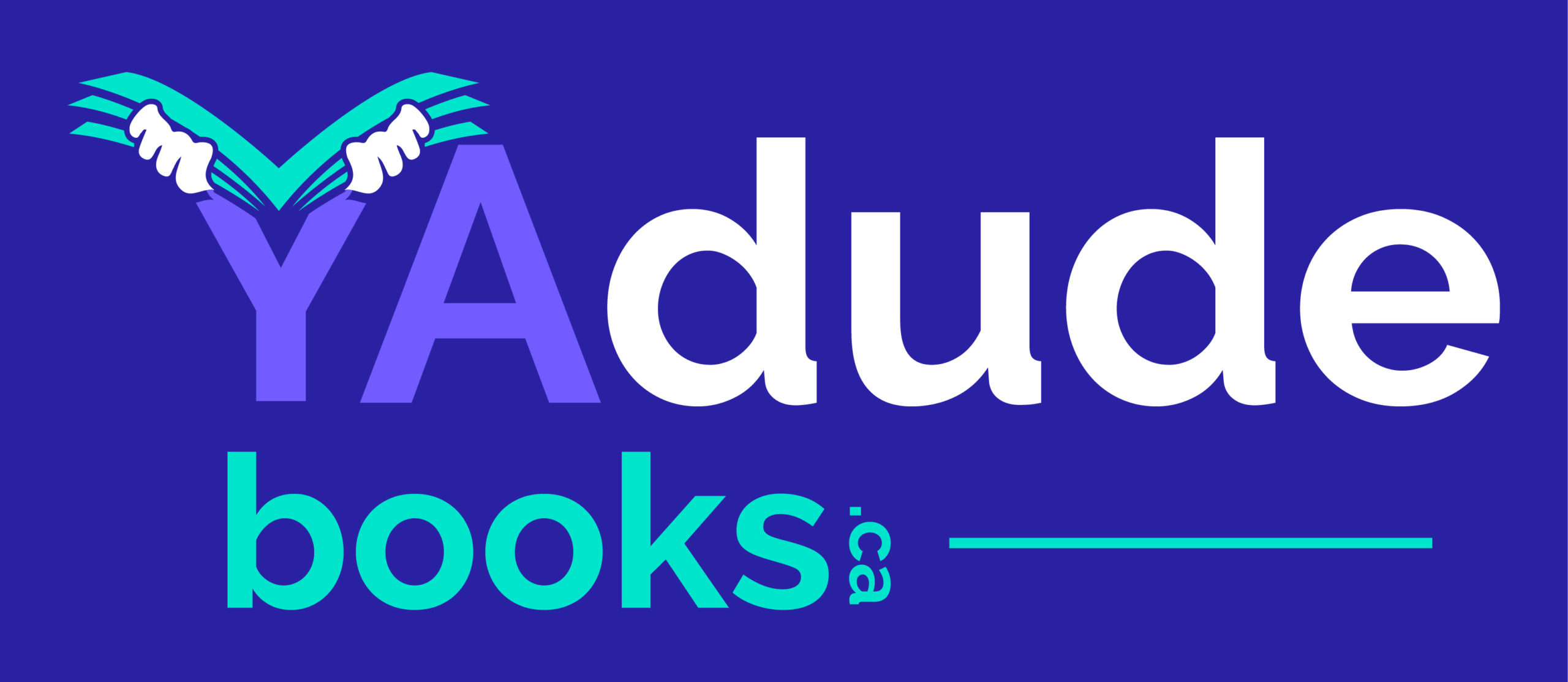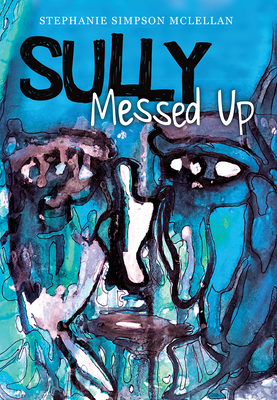Sully Messed Up
Genre: bullying | contemporary | MG

Author: Stephanie Simpson McLellan
Publisher: Red Deer Press
Thirteen-year-old Sullivan Brewster's wavering self-esteem is as plain as the nose on his face, which is kind of a problem given that his nose is not where it should be at all. In fact, when Sully looks in the mirror on his first day of grade 9, his nose isn't the only thing that's out of place. With his eyes now clinging to either side of his chin, his lips on his forehead, and one of his ears squatting in the middle of his face, he looks like a frightened Picasso or deranged Mr. Potato Head.
Worse, Sully falls under the scrutiny of school thug Tank, who is about to choose a victim for his ritual Naked Niner hazing. Determined to fly under Tank's radar, Sully goes out of his way to avoid his supportive but oddball friends: intelligent, flamboyant and outspoken Blossom who tattoos vivid gardens all over her face and is obsessed with The Lady of Shalott, and relaxed and self-aware Morty who dresses all in black and insists on being called Morsixx. Preoccupied as he is with self-preservation, Sully fails to see that one of his friends is in far more serious trouble than he is and must ultimately choose between his own self-esteem and his friend's life.
left no-repeat;left top;; autoHave you ever dined on an unusual dish that combines seemingly incompatible ingredients, and you lean back totally undecided on whether it’s brilliantly tasty or too strange to be edible? That’s this novel for me.
The three ingredients are humour, serious bullying and magic realism. They’re an uncomfortable mix for me, despite the novel’s great writing.
Maybe it was coincidence that, at this exact second, the thunder cut off mid-rumble. In the sudden silence, the dark skies parted, yanked like curtains to reveal a warm pink dawn beneath.
He stood in front of the class as the bell rang. Despite his manufactured bravado, his knees knocked together with such force, they were in danger of dislocating each other. His tongue felt like an old sock, while his nose gyrated in frantic circles.
Not just good writing, but excellent pacing and crisp, often hilarious dialogue. (Although much of the dialogue is super-nasty, creative insults and barbs.) The author tackles issues of sexuality, race, hazing, violence and family dynamics. These are pretty heavy topics, and the story doesn’t shy away from dealing with them head-on.
“And stop being so afraid,” said Blossom. “Don’t you know that bullies can smell fear? It fuels them. You think it would make them stop, but it doesn’t. It makes them worse.”
But using humour as a major tool to do so? Some teens will get it, will embrace that approach, perhaps will even read the novel because of it and despite the deeper themes. But I kept feeling it was inappropriate, an uneasy mix. I hope I’m wrong. Also, there’s a side character named Winston who is clearly mentally challenged. The fact that much of what’s going on flies right over his head and causes misunderstandings is used as part of the humour. Is this appropriate? And to my mind, the adults in the story were too over-the-top clueless and insensitive.
As for the magic realism component, in which Sully has facial features that keep moving around his face and yet this can’t be seen by others, it’s a good thing there’s an author interview at the back of the book so readers can figure out the metaphor, even if after the fact. It seemed like the novel would have been compelling without that sideshow.
So, overall, it’s worth spooning into, and some will declare it gourmet. I hope so only because we all need humour these days, especially humour that is well done. We also need to talk about the issues tackled. But in the same book? I’ll leave that decision to others.
- P.W.
left no-repeat;left top;; auto
